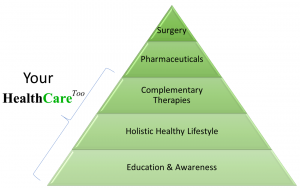Plant-based Diet Health Benefits

Mounting evidence suggests a plant-based diet lowers heart disease risk
Eating more plant protein, less animal-derived protein associated with a lower risk of coronary heart disease
In a study of nearly 6,000 people based in the Netherlands, those who ate more plant protein at the expense of animal-derived protein showed a lower risk of developing coronary heart disease during a median follow-up period of more than 13 years. Kim V.E. Braun, Erasmus University Medical Center, will present this research on Sunday, June 10, from 8 a.m.-6 p.m. in the Hynes Convention Center Auditorium (poster 35) (abstract).
Eating more plant protein, less animal-derived protein associated with less plaque in the arteries
A study of 4,500 Brazilian adults finds that people who regularly consumed more plant-based protein were nearly 60 percent less likely than those consuming more animal-based protein to show evidence of plaque in the heart’s arteries based on coronary artery calcium scoring, a measure of plaque buildup commonly used to assess heart disease risk. Dirce Maria Marchioni, Faculdade de Saúde Pública da USP, will present this research on Sunday, June 10, from 8 a.m.-6 p.m. in the Hynes Convention Center Auditorium (poster 89) (abstract).
Vegetarian diet associated with reduced risk factors for heart disease and diabetes
Among South Asians living in the US, people following a vegetarian diet were found to have a lower number of risk factors for heart disease and diabetes, including a lower body mass index, smaller waist circumference and lower amounts of abdominal fat, lower cholesterol and lower blood sugar compared to people in the same demographic group who ate meat. Sameera A. Talegawkar, George Washington University Milken Institute School of Public Health, will present this research on Sunday, June 10, from 8 a.m.-6 p.m. in the Hynes Convention Center Auditorium (poster 114) (abstract).
For more information please see the original article: New study shows health impacts of eating plant-based diet
Our Model




